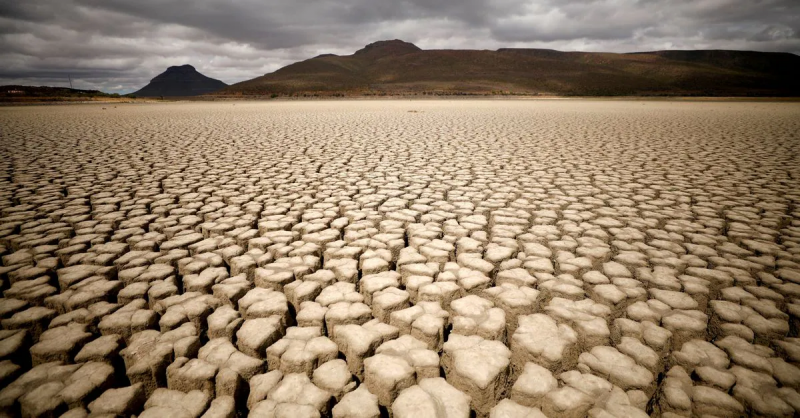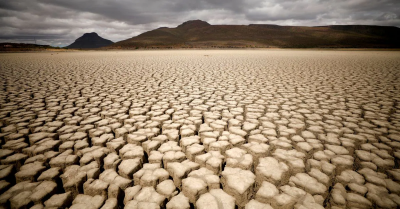On Tuesday, November 5, scientists warned that the world could surpass the global warming threshold of 1.5 degrees Celsius within 7 years due to continuing increases in carbon dioxide emissions from fossil fuels. Scientists urged countries participating in the "COP28" climate summit to "act immediately regarding the pollution from coal, oil, and gas." Battle lines are being drawn around the future of fossil fuels at the UN Climate Summit in Dubai, where participants are trying to reach an agreement to phase out carbon-intensive energy responsible for most of the man-made greenhouse gas emissions.
Carbon dioxide pollution from fossil fuels rose by 1.1% last year, according to an annual assessment by an international climate scientist union on the Global Carbon Project, with emissions increasing in China and India, which are now the first and third largest emitters globally. They estimated a 50% chance of exceeding the Paris Agreement's temperature rise limit of 1.5 degrees Celsius within several years by around 2030, although they noted uncertainty related to greenhouse gas emissions other than carbon dioxide.
Lead author Pierre Friedlingstein from the Global Systems Institute at the University of Exeter told reporters, "The urgency has increased. The time from now to reaching 1.5 degrees Celsius is significantly shrinking, so to maintain a chance of keeping it below 1.5 degrees Celsius, or very close to it, we must act now."
The historic Paris Agreement of 2015 committed countries to limit temperature rises to well below 2 degrees Celsius above pre-industrial levels, ideally aiming for 1.5 degrees Celsius. Since then, the 1.5-degree Celsius target has become more pressing, with evidence emerging that rising temperatures could lead to serious and irreversible tipping points. To maintain this limit, the UN's Intergovernmental Panel on Climate Change's Climate Science Committee stated that carbon dioxide emissions must be halved this decade.
The Global Carbon Project found that this task has become more difficult as emissions continue to rise. Glen Peters, a senior researcher at the Cicero Center for International Climate Research, noted that carbon dioxide emissions are now 6% higher than they were when countries signed the Paris Agreement. He added, "Things are heading in the wrong direction."
This comes despite a promising surge in renewable energy, a key issue in the climate talks in Dubai, where over 100 countries signed a call to triple renewable energy this decade. He continued: "Solar wind, electric cars, batteries—all are developing quickly, which is great. But that's only half the story. The other half is reducing fossil fuel emissions. We are simply not doing enough."
The study found that fossil fuels account for 36.8 billion tons of a total expected 40.9 billion tons of carbon dioxide emissions this year. Several major polluting countries recorded declines in carbon dioxide emissions this year, including a 3% decrease in the United States and a 7.4% decrease across the European Union. However, the study found that China, which accounts for nearly a third of global emissions, is expected to see a 4% increase in carbon dioxide emissions from fossil fuels this year, with increases in coal, oil, and gas as the country continues to recover from COVID-19 lockdowns.
Meanwhile, scientists stated that carbon dioxide emissions in India increased by over 8% this year, meaning the country has now surpassed the European Union as the third-largest emitter of fossil fuels. Peters indicated that the growing demand for energy in both India and China outpaces the large-scale adoption of renewable energy sources. Emissions from aviation rose by 28% this year as it rebounded from pandemic lows. The study was published in the journal Earth System Science Data.




